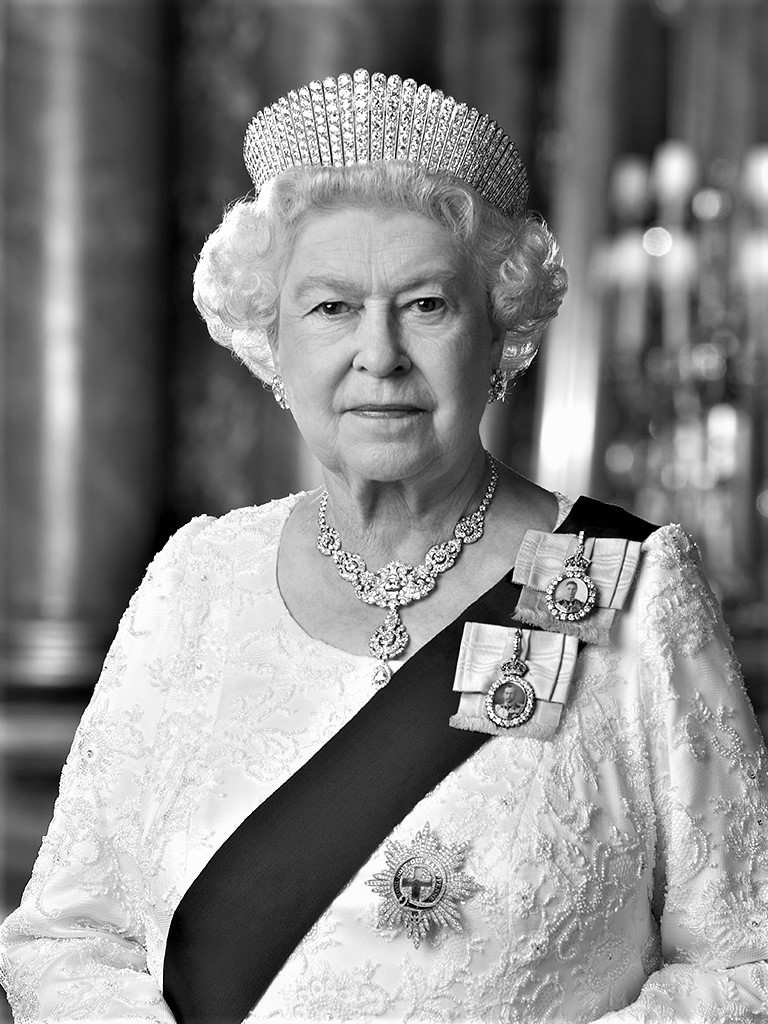Hand Hygiene
The most common way germs are spread is by people’s hands. Germs are often harmless but they can cause illnesses such as colds and tummy bugs, as well as more serious illnesses such as E.coli and flu. Hand contact is also the most common way for infections such as MRSA and C diff to spread.
Hand washing is the single most important thing you can do to help to reduce the spread of infections. Washing your hands properly with soap and warm water can help protect you, your family, children and others. Did you know it takes at least fifteen seconds to wash your hands properly - this is about how long it takes to sing 'Happy Birthday to You' twice through!
You should make regular and thorough hand washing part of your and your family’s daily routine, especially:
- Before eating or handling food
- After using the toilet
- After blowing your nose, coughing or sneezing
- After touching animals or animal waste
- After handling rubbish
- After changing a nappy
- Before and after touching a sick or injured person
- Before and after visiting a hospital ward (remember alcohol-based hand rubs are also provided)
The latest NHS Tayside HAI Board Reports contain information on hand hygiene are available for download.
Health Protection Scotland (HPS) has also produced a leaflet for washing clothes at home, available for download below.
Tayside NHS Board HAI Reports
- Item 16 HAI Control in Tayside for September and October 2017 (PDF) - 702kb
- Item 16 HAI Control in Tayside for July and August 2017 (PDF) - 518kb
- Item 18 HAI Control in Tayside for May and June 2017 (PDF) - 970kb
- Item 16 HAI Control in Tayside for March and April 2017 (PDF) - 393kb
- Item 13. HAI Control in Tayside for January and February 2017 (PDF) - 391kb
- Item 13 HAI Control in Tayside for November and December 2016 (PDF) - 795kb

